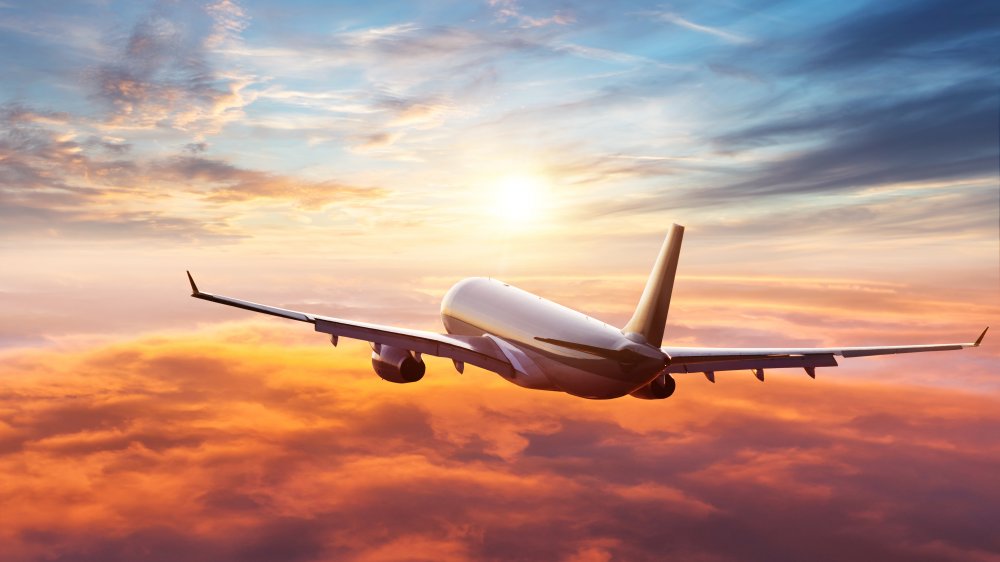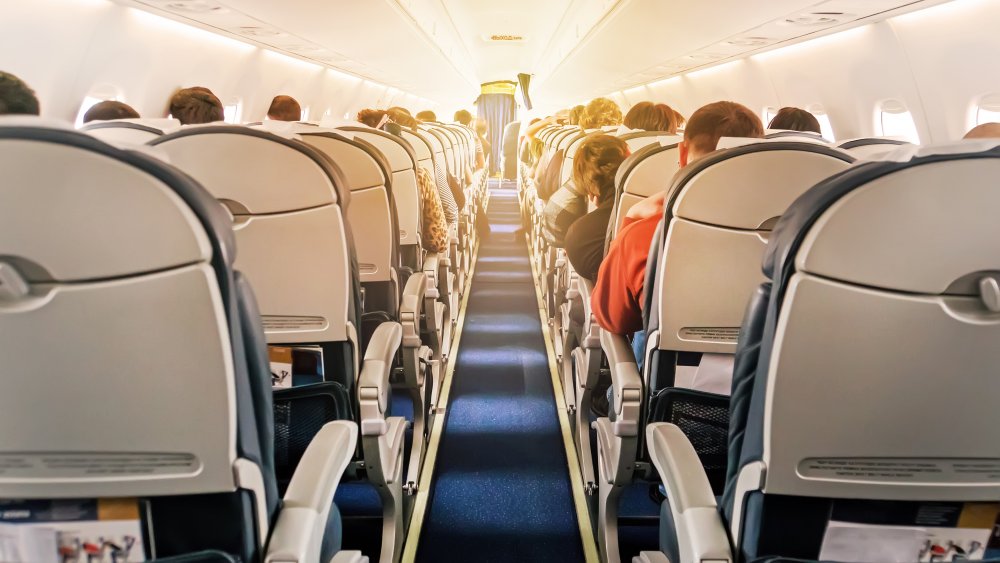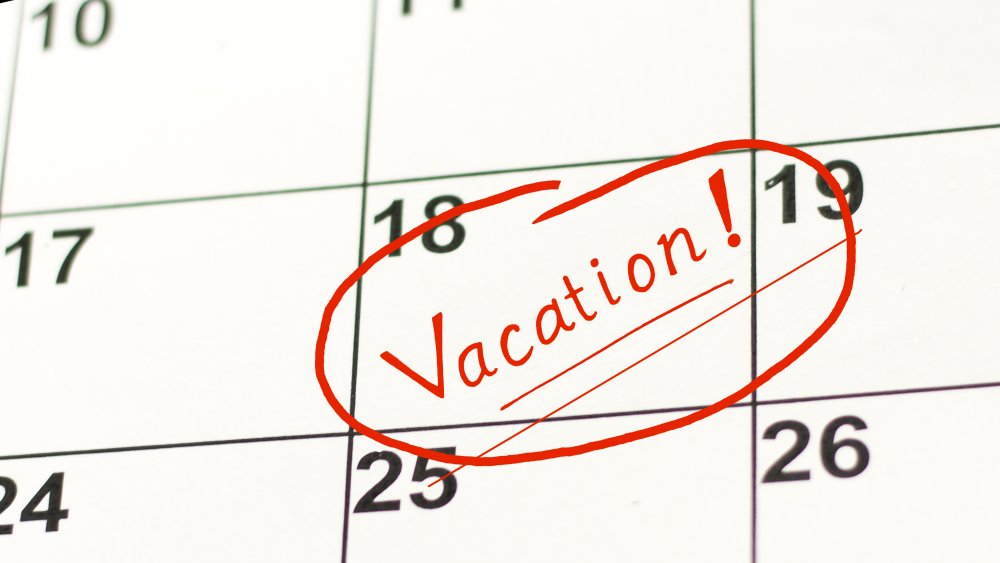Why Are One Way Flights So Expensive?
Sinatra invited us to come fly with him, back in the '50s, and later asked us to fly him to the moon. Were those round-trip tickets? He never said. Maybe we assumed he could afford one-way fares, because one-way fares are more expensive than round trips, right? Yes and no. Like many things, it depends, and it depends on a number of factors. Just as you wouldn't buy the first car you saw, and probably would check out a number of apples in the bin before putting some in your grocery cart, it's going to pay for you to do some research the next time you're planning to take to the air.
Ticket pricing is a complicated business. Airlines make or break their profit line by being prophets, in a way: trying to anticipate need while factoring costs, availability, and resources. Airlines need to examine their own business patterns — holiday travel comes to mind — and the ebb and flow of customers. There's a certain amount of educated guesswork involved. Perhaps prime among the influences on ticket pricing, however, is business travel. The cold, hard economics of it are that business travelers are far more focused on when they need to be at a destination, rather than pricing.
Two one-way tickets to paradise
Business travelers often don't know for certain when they'll be returning home, and it's not uncommon for them to make a circuit of one-way trips before their journey is done. The airlines have learned to capitalize on this phenomenon, and so they charge more, often simply because they can — it's what the market will bear. Corporate travel departments are making those booking decisions, rather than individuals, and they'll be looking at time-as-money as part of their equations.
Lots of other things have an impact here, however, and as the Skyscanner web site points out, one-way-versus-round-trip isn't a hard-and-fast rule. For instance, per the Points Guy, one-way flights between Chicago and, say, Washington, D.C., often price out the same as round-trip tickets, because there's so much traffic on a daily basis. In that case, the airlines can afford to not be picky. In most cases, however, it's not actually beneficial for those secretive airlines to book one-way fares — in terms of scheduling and staffing, round-trip airfare is easier for them to handle.
So far, we're talking about domestic air travel — within the lower 48 states. International travel, on the other hand, sometimes plays by a different set of rules. According to USA Today's Travel Tips column, one-way tickets to Europe from the United States, for instance, can often be more expensive than a round-trip ticket.
Plan ahead when flying
As a result, travelers may sometimes be able to beat the high cost of one-way by purchasing a much more economical round-trip ticket, even if they don't plan on using it. It's not unusual for those arrangements to actually be cheaper than a one-way, since round-trip travel helps airlines schedule more accurately and allocate resources accordingly. Some airlines have rules against doing that — buying a around-trip ticket and tossing the return portion — but it's pretty rare for an airline to actually impose some kind of penalty on their paying customers. The lack of legroom and stale airline food is punishment enough.
The traveler's timing also makes a difference. Besides prices rising during peak holiday travel times, online resources have made it easier for travelers to comparison shop. Common wisdom has been that it's always best to book a flight well in advance of your desire departure date, whenever possible. Marketwatch quotes a March 2019 Cheapair study indicating that as a rule of thumb — and it is not hard-and-fast, but worth thinking about — a flyer will get the best ticket price about 76 days before departure. Marketwatch also points out that it can pay to compare flights even when thinking about a round trip — it's possible that booking separate one-way trips on separate airlines can actually be cheaper than round-trip on the same carrier.
It pays to be flexible
With timing comes flexibility, allowing you to have greater control in the decision-making process. If you wait til the last minute, you're more or less at the whim of the airline, and may end up paying exponentially more for waiting. But even that rule won't always apply. Certain specialty websites such as Skiplagged.com can find you very cheap tickets if you can afford to wait — though you are by no means guaranteed to win out.
Proactivity and flexibility are your best friends in airline travel. And doing your research. Tools like the Google Flights search engine, according to God Save the Points, can help you comprehensively plan a trip for as cheaply as possible. However, sometimes the cheapest deal might not always mean the best. Budget airlines are cheaper for a reason, and are generally more likely to end up canceling at the last minute, or run into technical issues.
Bear in mind that the travel market fluctuates wildly from day to day, even from hour to hour. Veteran travelers know that it really does pay to shop around when you're trying to buy airline tickets. Not all airlines make all connections, but it never hurts to comparison shop when you're trying to get from Point A to Point B. After all, NASA isn't the only group flying to the moon these days.



